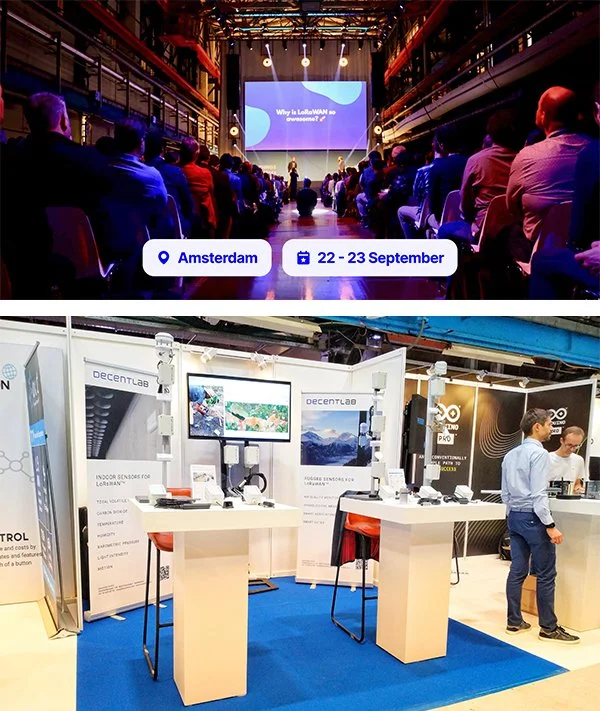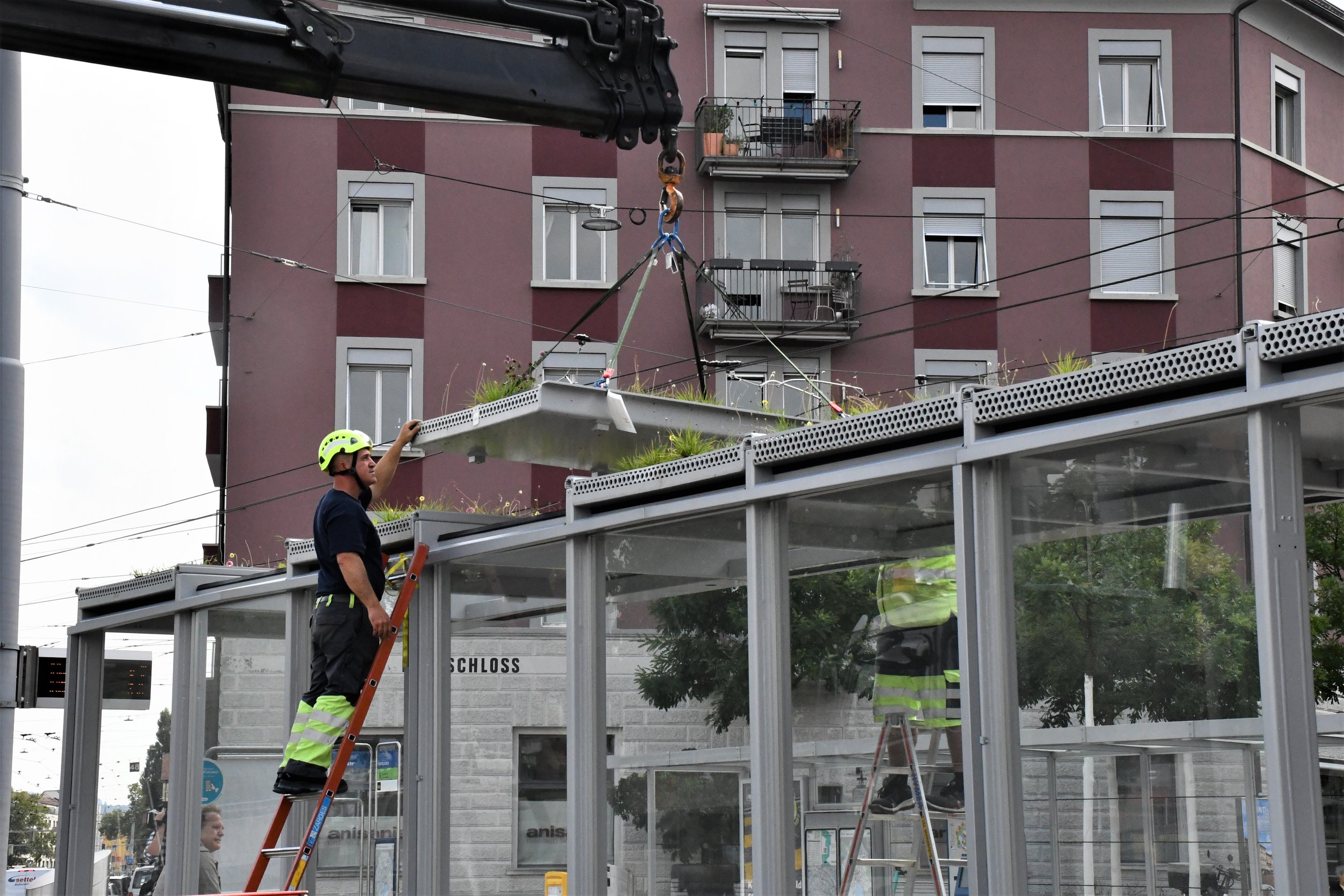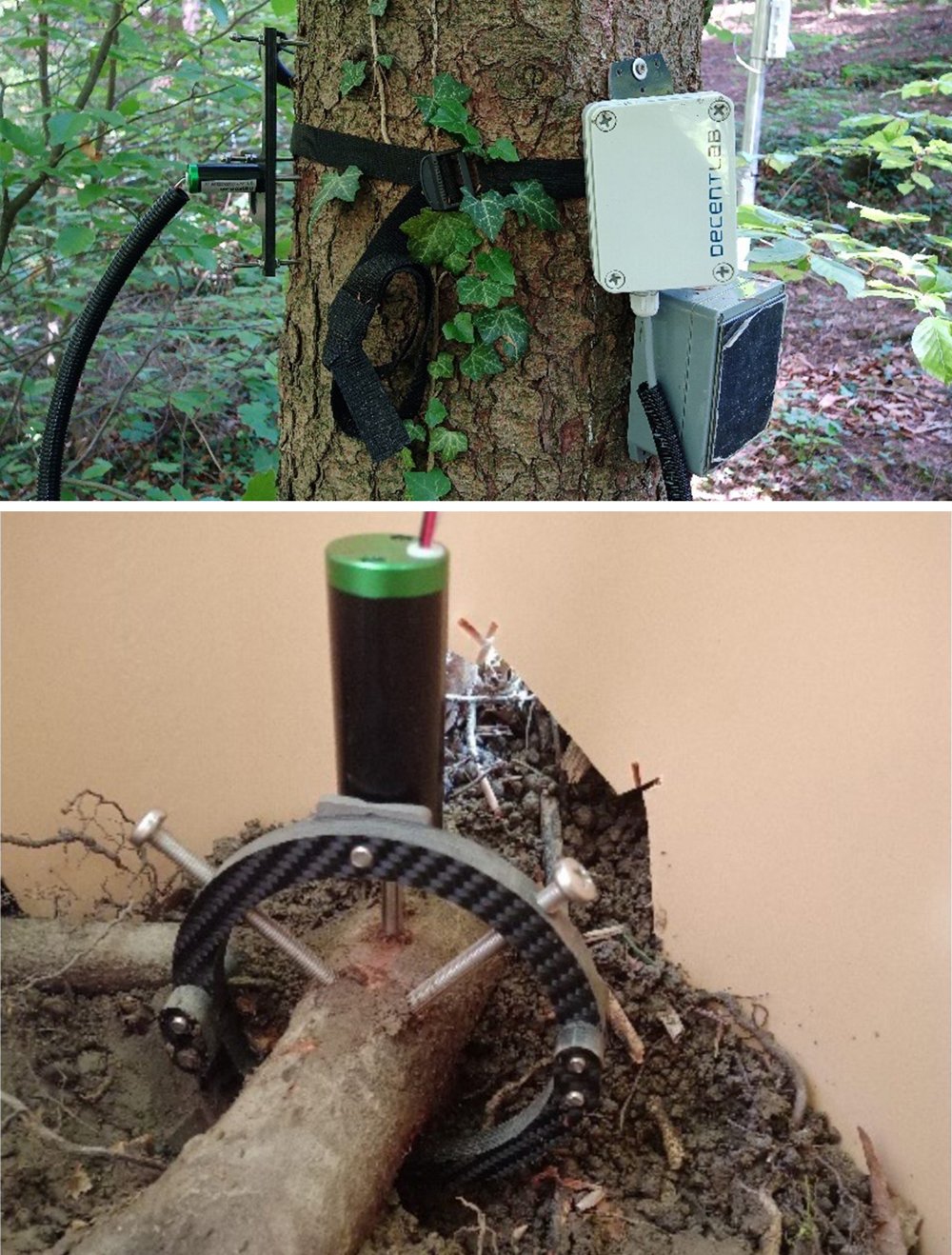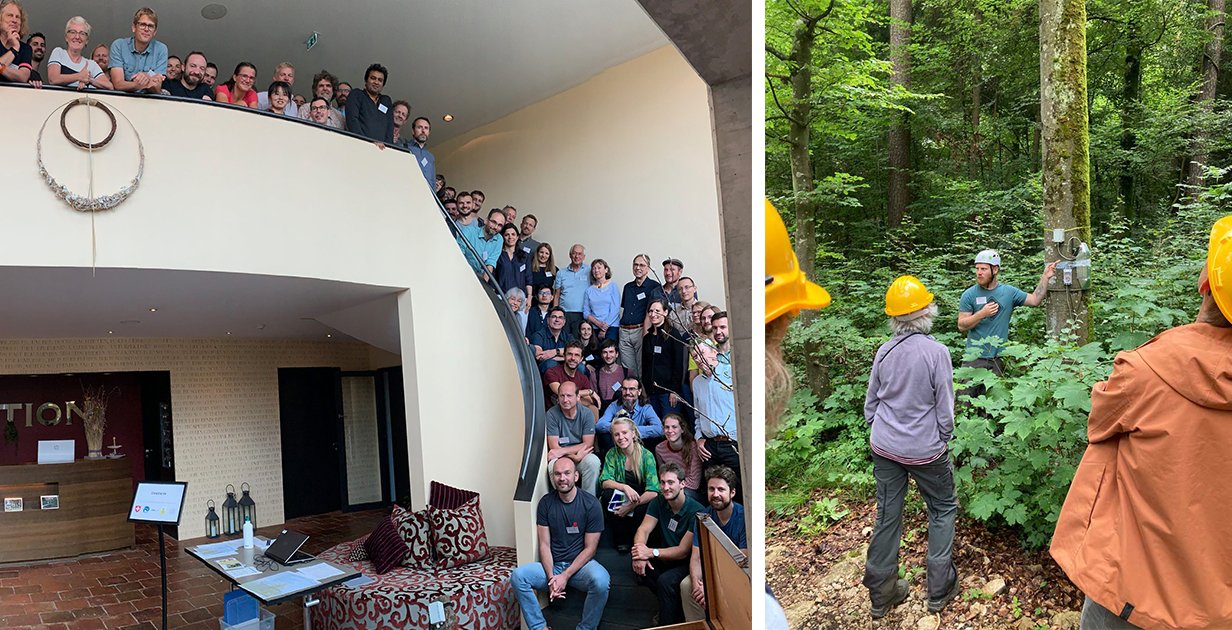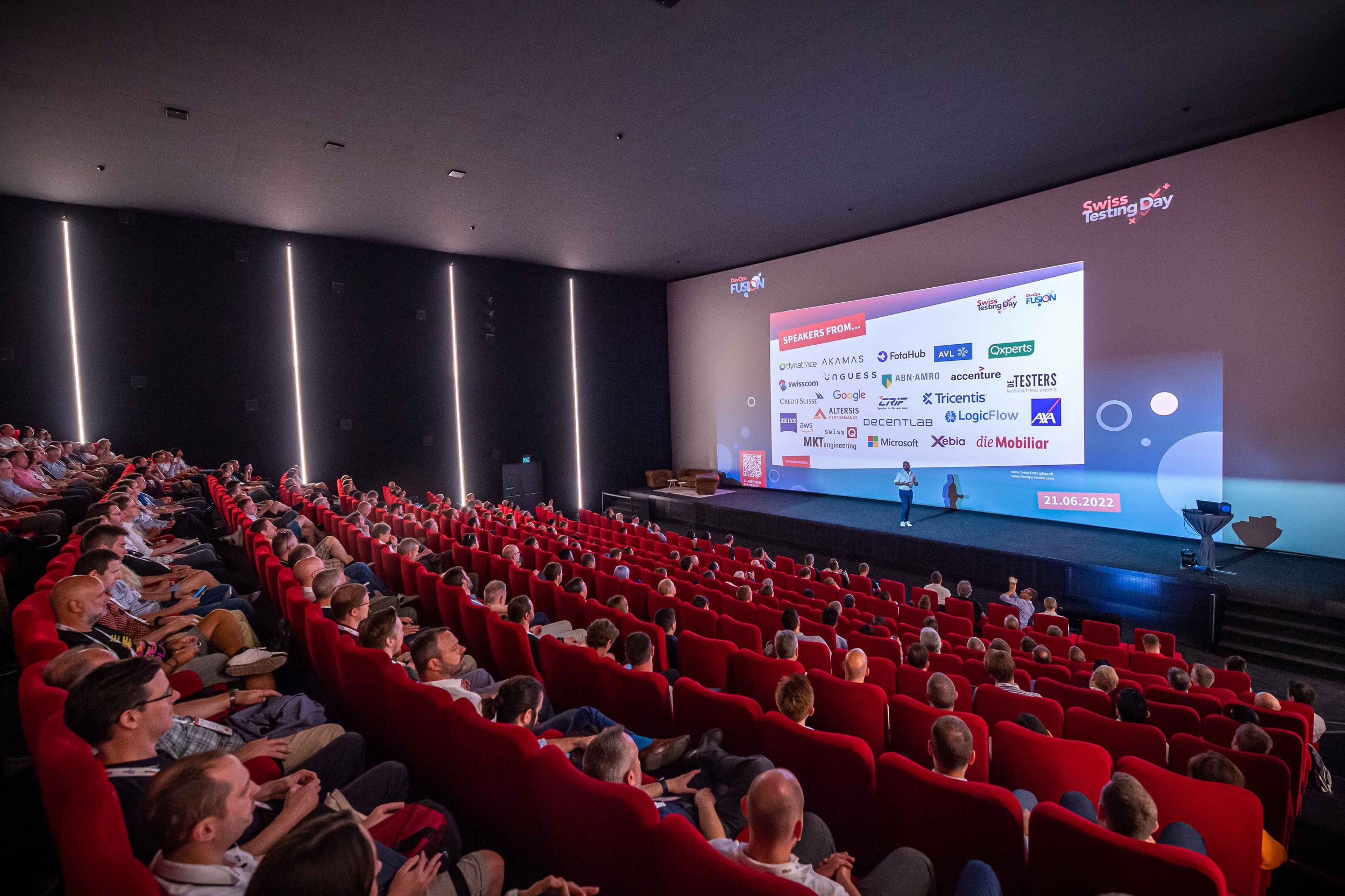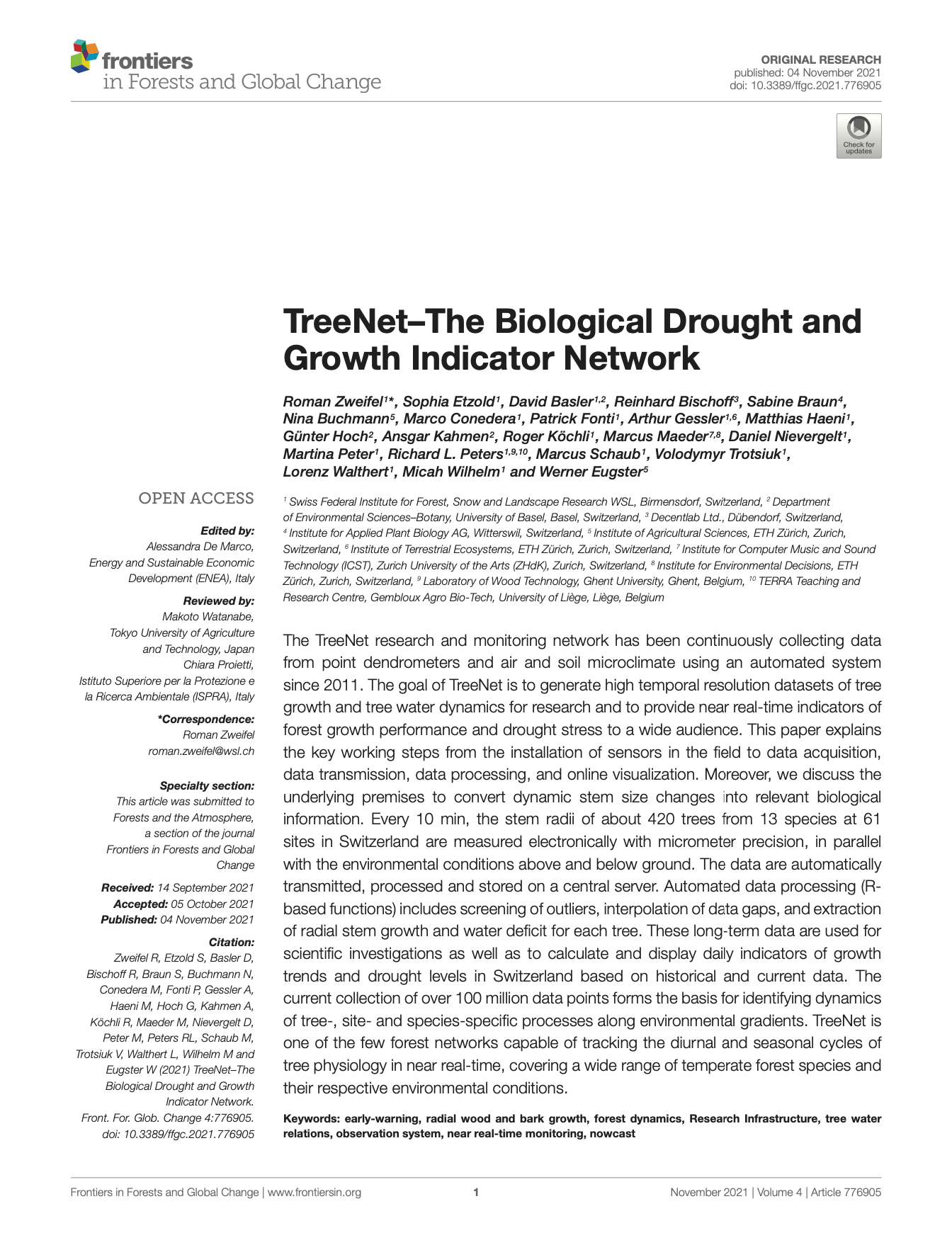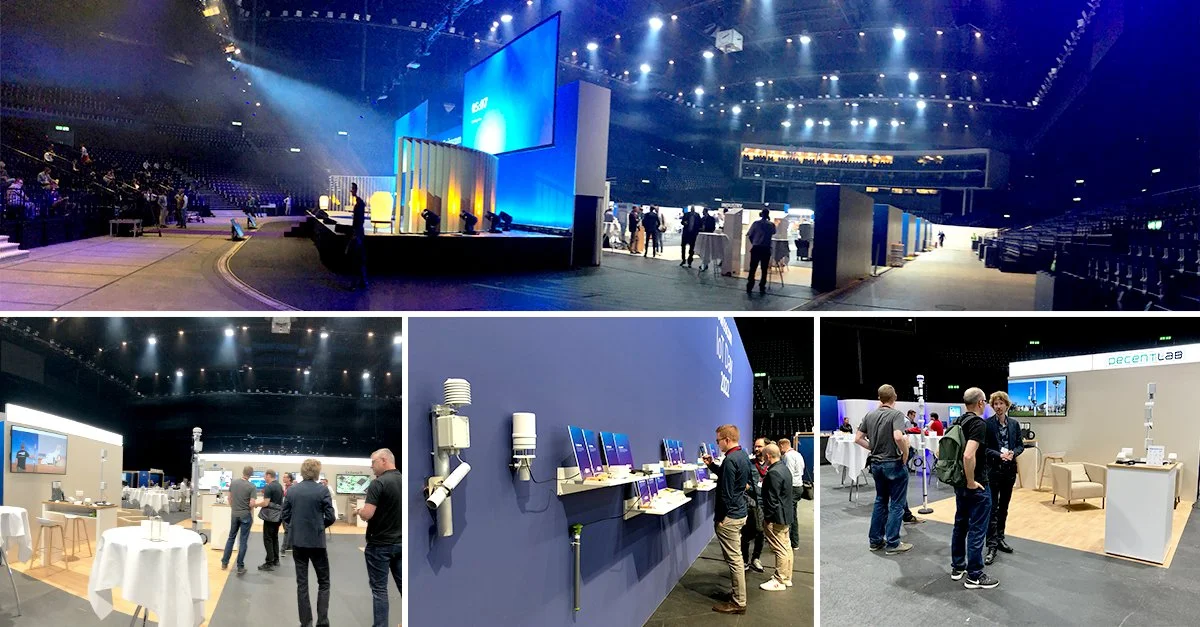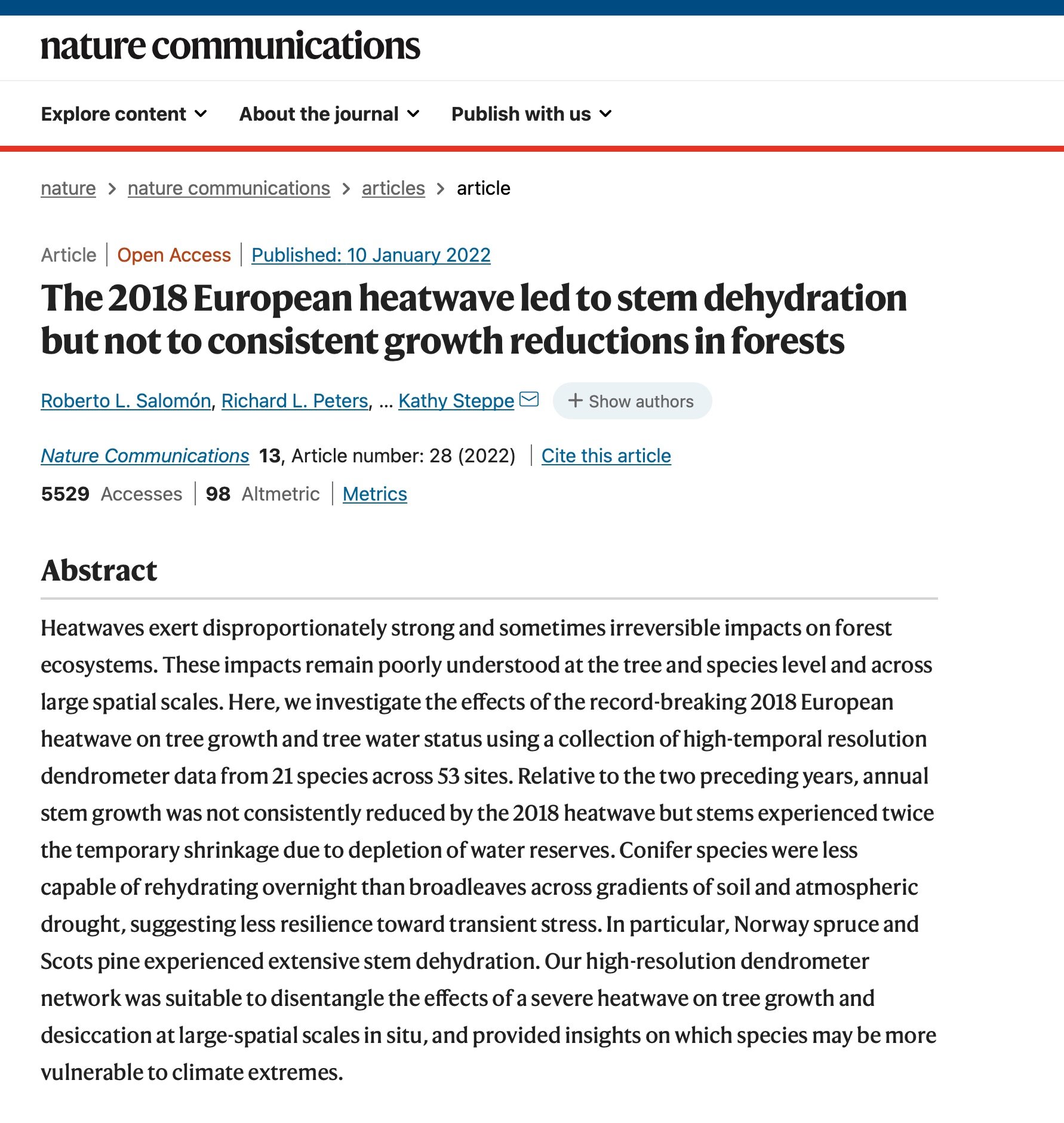Great review on The Things Conference
/Also this year we had the pleasure to be part of The Things Conference in Amsterdam. Our keynote was about smart water solutions like flood alerting, stormwater detention basin management, and water quality monitoring.
Thank you for the great conversations, networking and inspiration.


